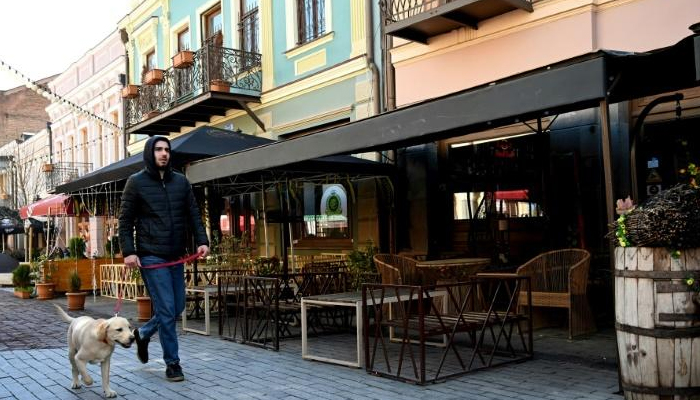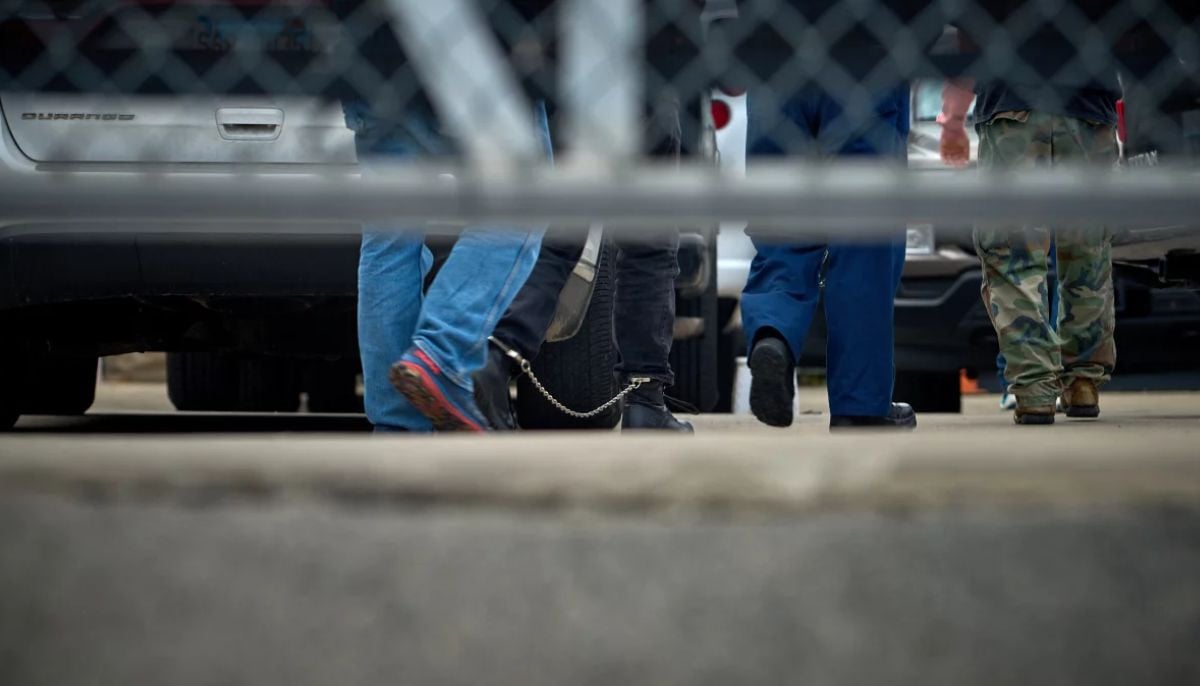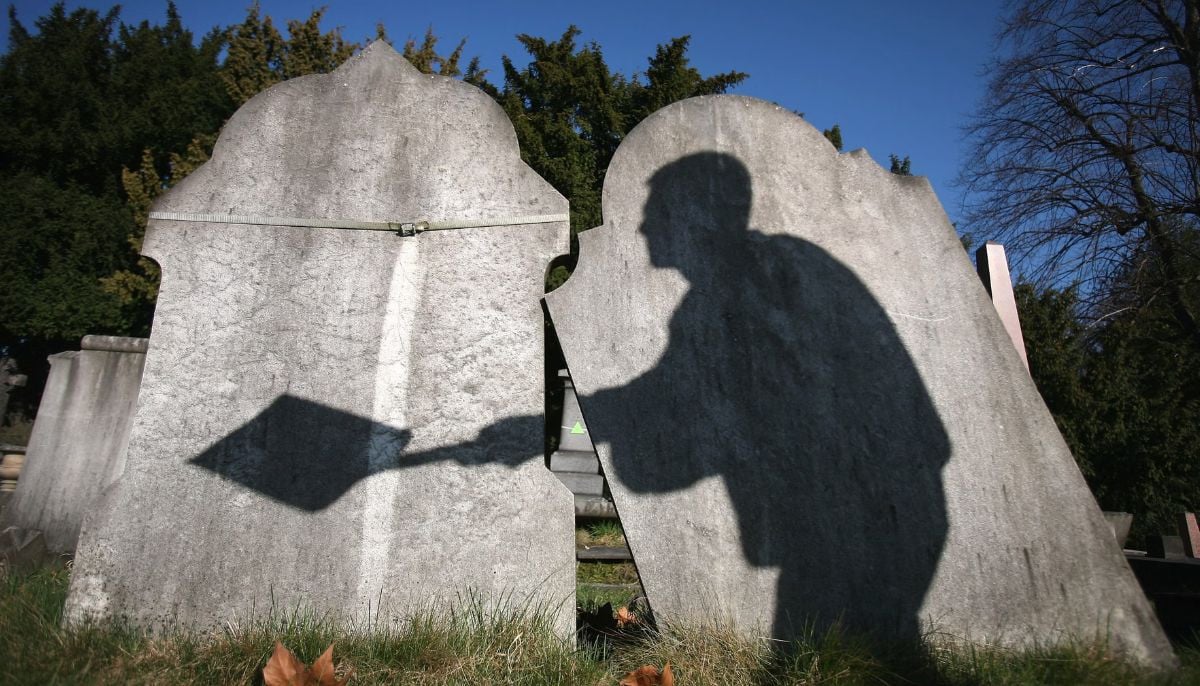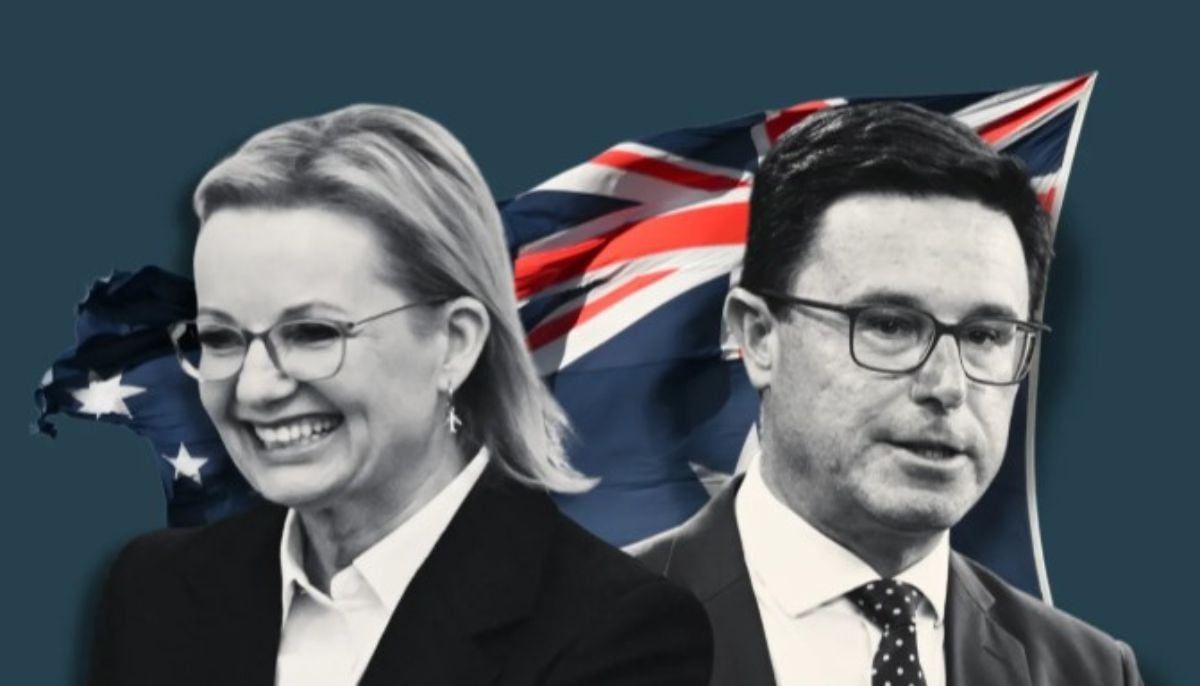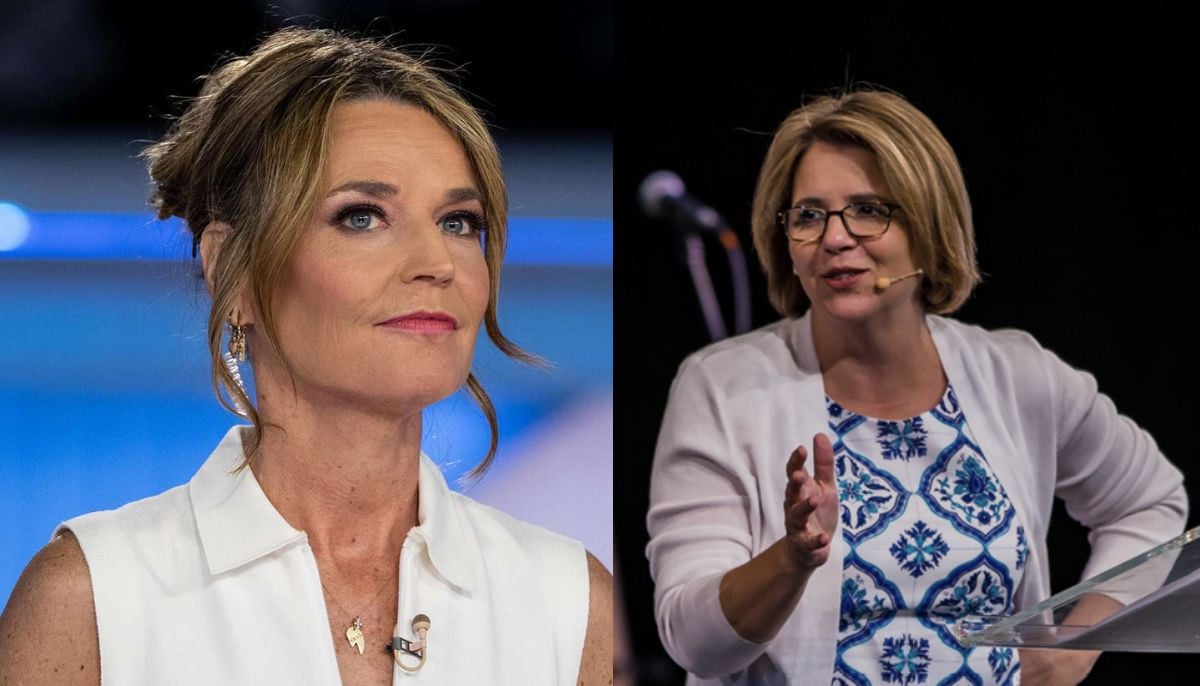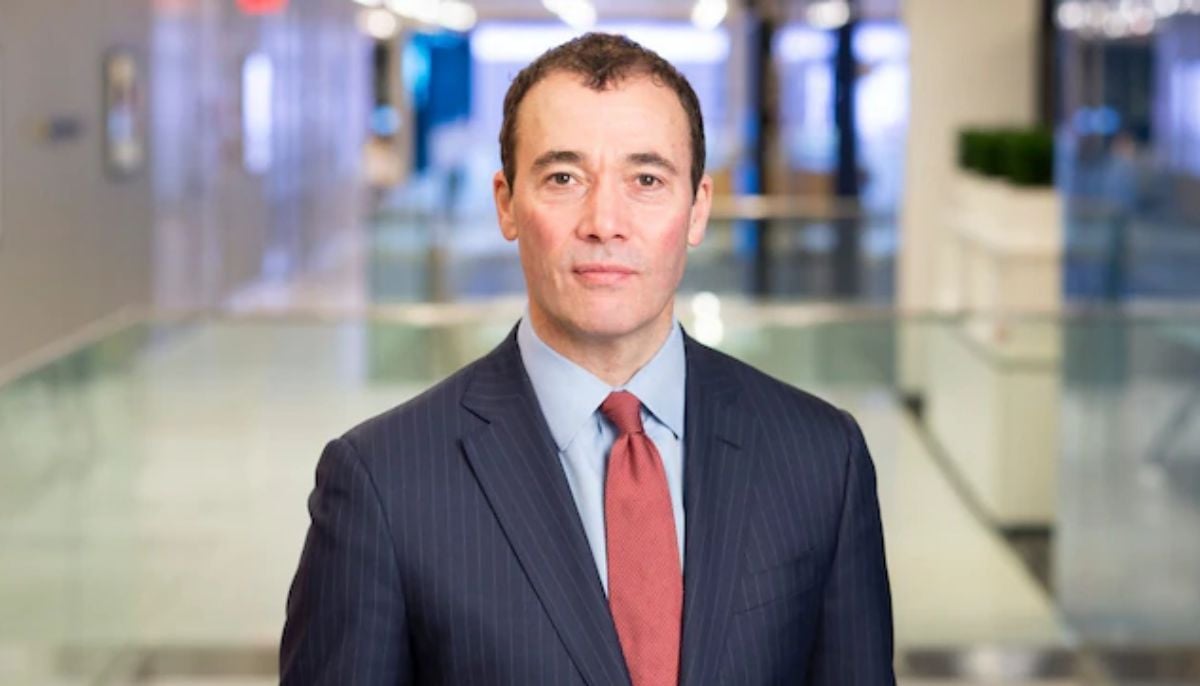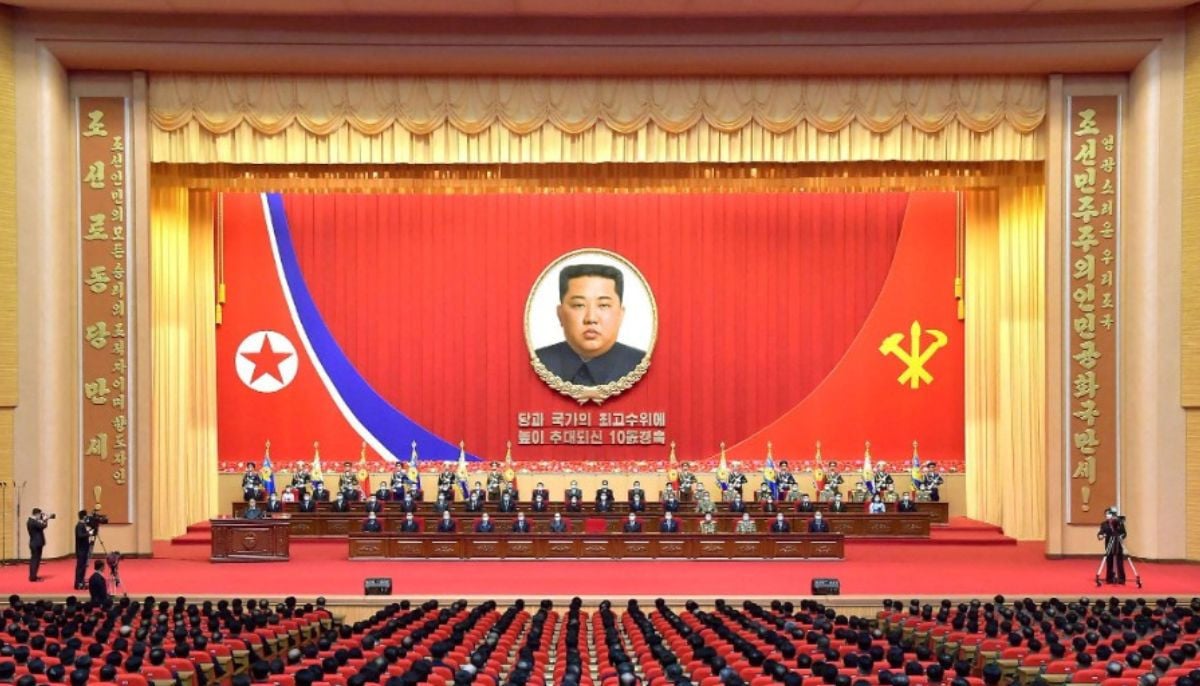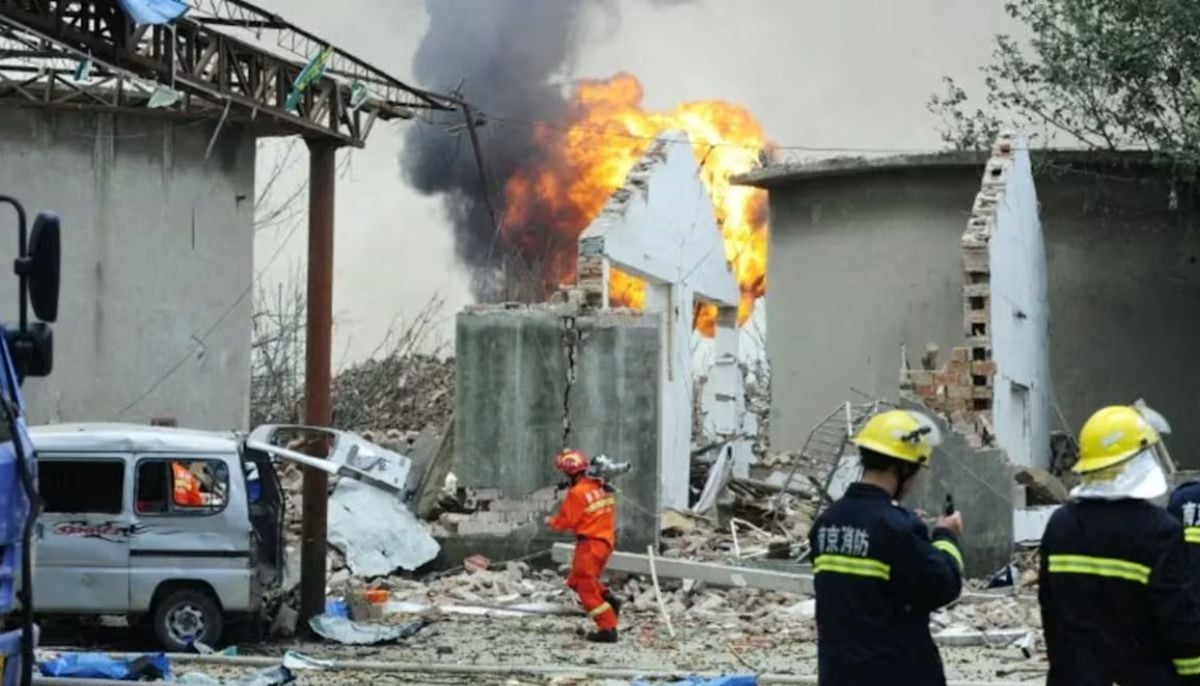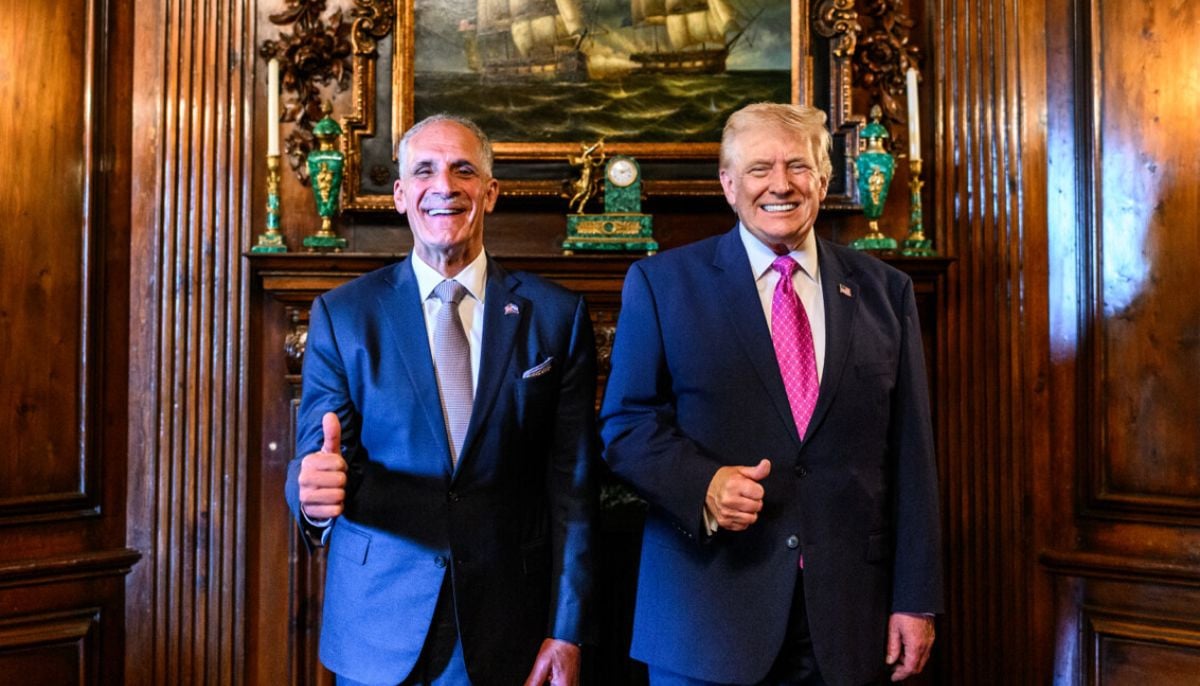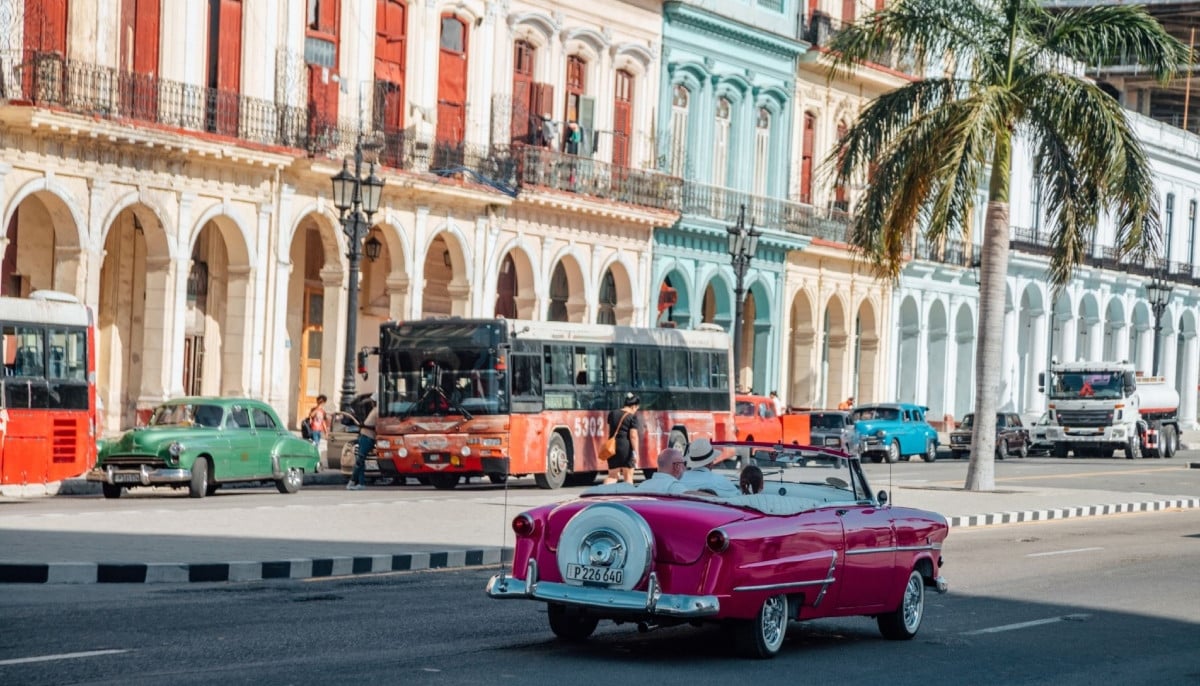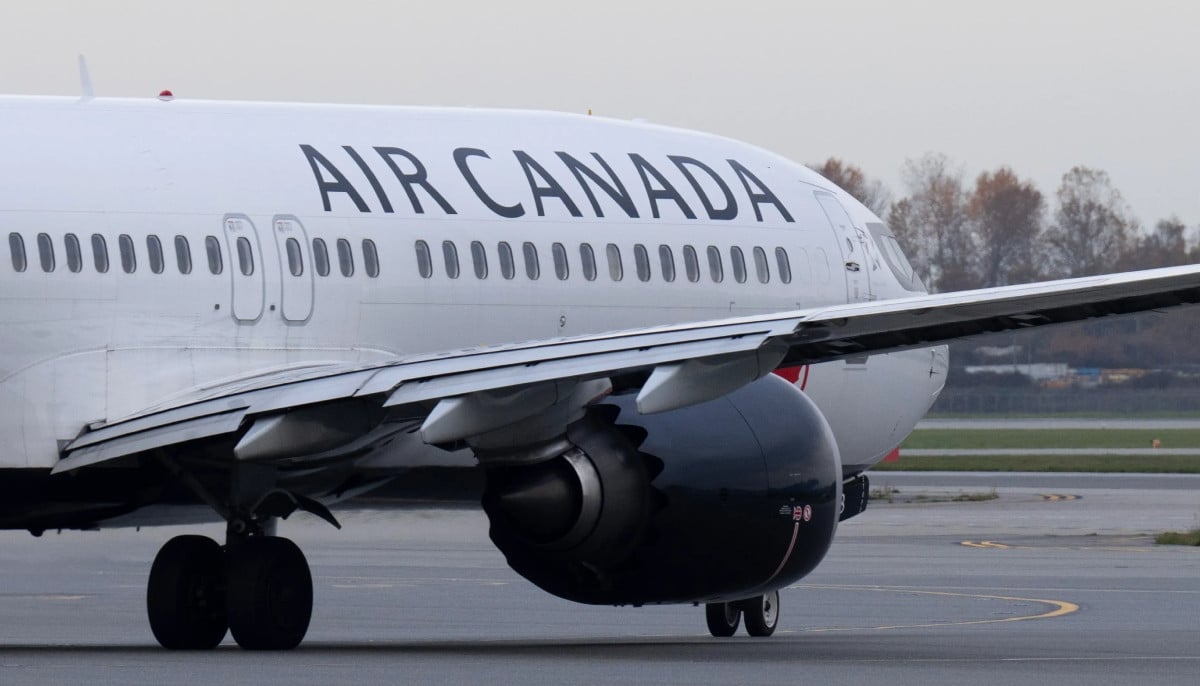Georgians welcome lifting of anti-virus restrictions on economic activity
Industrial production and trade were allowed to resume, with the exception of large shopping malls and clothing retailers
TBILISI: Georgia on Monday lifted most of the restrictions on economic activity that were imposed as part of measures to contain the coronavirus spread.
Industrial production and trade were allowed to resume, with the exception of large shopping malls and clothing retailers.
Georgians celebrated the decision, with many saying opening up the economy was a matter of survival for them.
"One or two more weeks of closed business and my family would have had no money for food," said Kote Lagidze, owner of a car service station in Tbilisi.
The Georgian capital also lifted the ban on entry and exit to the city, in place since mid-April.
People queued up outside reopened shops observing measures limiting the number of people inside closed spaces.
Niko Avaliani, one of the shoppers waiting for his turn to enter a bookstore, said ending the lockdown was long overdue.
"There were no reasons for keeping the economy on hold any longer," the 29-year-old historian told AFP.
Each day contributed "more poverty," he said. "We have all been waiting desperately for the return to some kind of normalcy," bookshop assistant Lamara Sordia said.
"It's great that people can now indulge in little pleasures such as buying books."
The government has said the country will reopen to foreign tourists as of July 1, while domestic tourism is set to resume in mid-June.
However, restaurants, cafes, and educational institutions remain closed for the time being and public transport operations are halted.
The Black Sea country of 3.7 million in March closed all non-essential businesses, declared a state of emergency and a night curfew, which will remain in place until May 22.
The restrictions have hit Georgi's economy which is expected to shrink by four percent this year instead of the previously projected four-and-a-half percent expansion.
Last month, the government unveiled a $1.2-billion stimulus plan and international financial institutions pledged $3 billion (2.7 billion euros) in emergency funding aimed at combating the recession.
The ex-Soviet nation has so far reported 638 coronavirus cases and 11 deaths.
-
Australia’s Liberal-National coalition reunites after brief split over hate laws
-
Savannah Guthrie addresses ransom demands made by her mother Nancy's kidnappers
-
Washington Post CEO William Lewis resigns after sweeping layoffs
-
North Korea to hold 9th Workers’ Party Congress in late February
-
Factory explosion in North China leaves eight dead
-
Trump hosts Honduran president Nasry Asfura at Mar-a-Lago to discuss trade, security
-
Cuba-Canada travel advisory raises concerns as visitor numbers decline
-
Air Canada flight diverted St John's with 368 passengers after onboard incident
